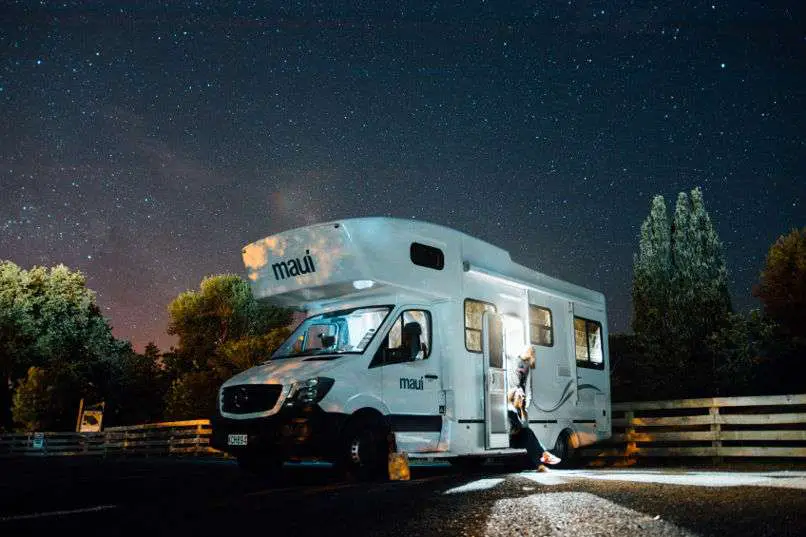Ever since our ancestors first ventured out into the wild, camping has drawn mankind into its magical realm. It’s an unadulterated escape from the drone of city life, a retreat into the wilderness where stars blanket the sky, and the soft rustling of leaves whispers calming lullabies. Yet, as blissful as this pastime may sound, it’s not as simple as packing a tent and heading to the nearest open space. One question that often clouds the adventurous minds of campers is: “Can you tent camp in an RV site?” To demystify the complexities revolving around this question, we will journey into an exhaustive analysis of the rules, benefits, drawbacks, and the key considerations of camping in RV sites.
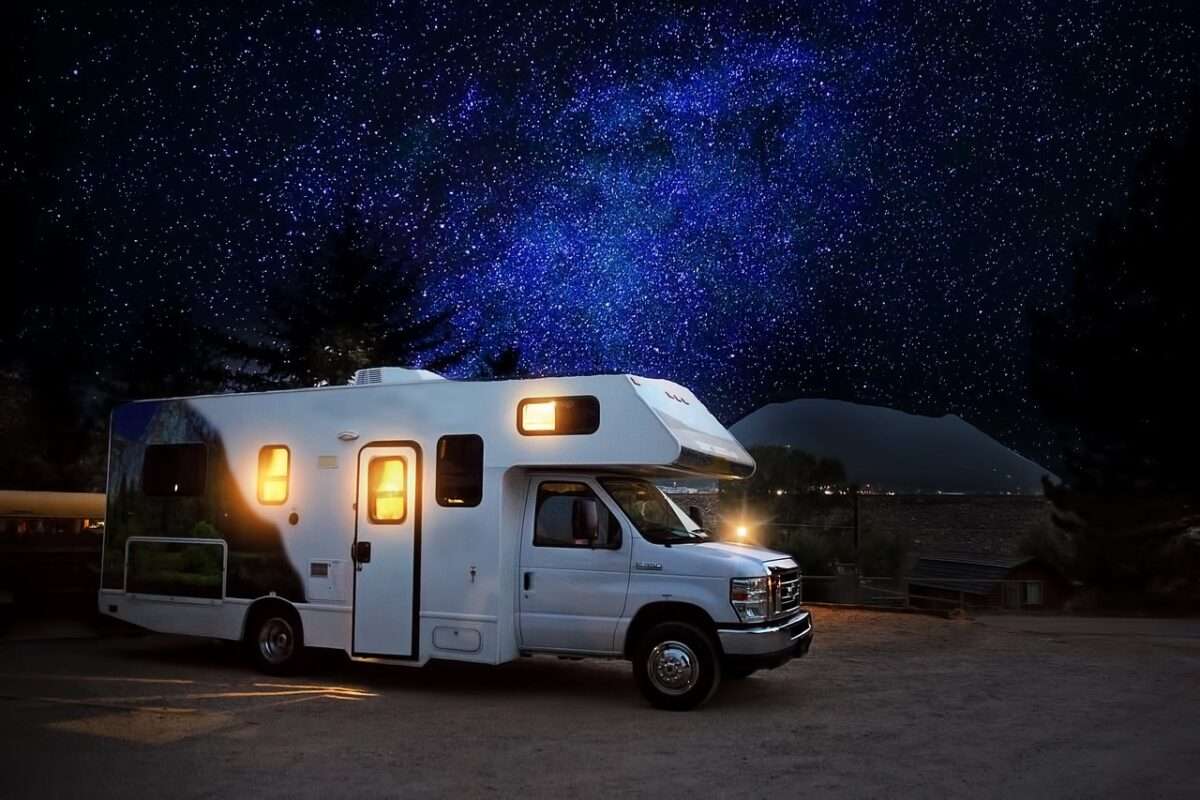
Shedding Light on the Ambiguity
Being a diligent camper, you might have thought: “I’ve got a tent, and an RV site is a place to camp. So, I can pitch my tent there, right?” The answer is both ‘yes’ and ‘no’. RV sites, as the name suggests, are dedicated zones in campgrounds designed to accommodate Recreational Vehicles. However, it is not uncommon to spot a tent or two pitched in these sites. The twist lies in the rules of the campground. While some allow tents on RV sites, others permit RVs only. These rules vary significantly across different campgrounds. Therefore, before you hoist your backpack and tread towards an RV site with your tent, it is crucial to cross-check with the campground authorities or leaf through the reservation details for any site restrictions.
Unraveling the Complex World of Campgrounds
Understanding campgrounds is like deciphering a complex labyrinth, with each turn unveiling a new facet. Nationally managed or public campgrounds, such as National Parks, State Forests, or Bureau of Land Management areas, usually segregate RV sites from tent sites. Private campgrounds and RV parks, on the other hand, display a more flexible stance, often allowing both RVs and tents to share the same site.
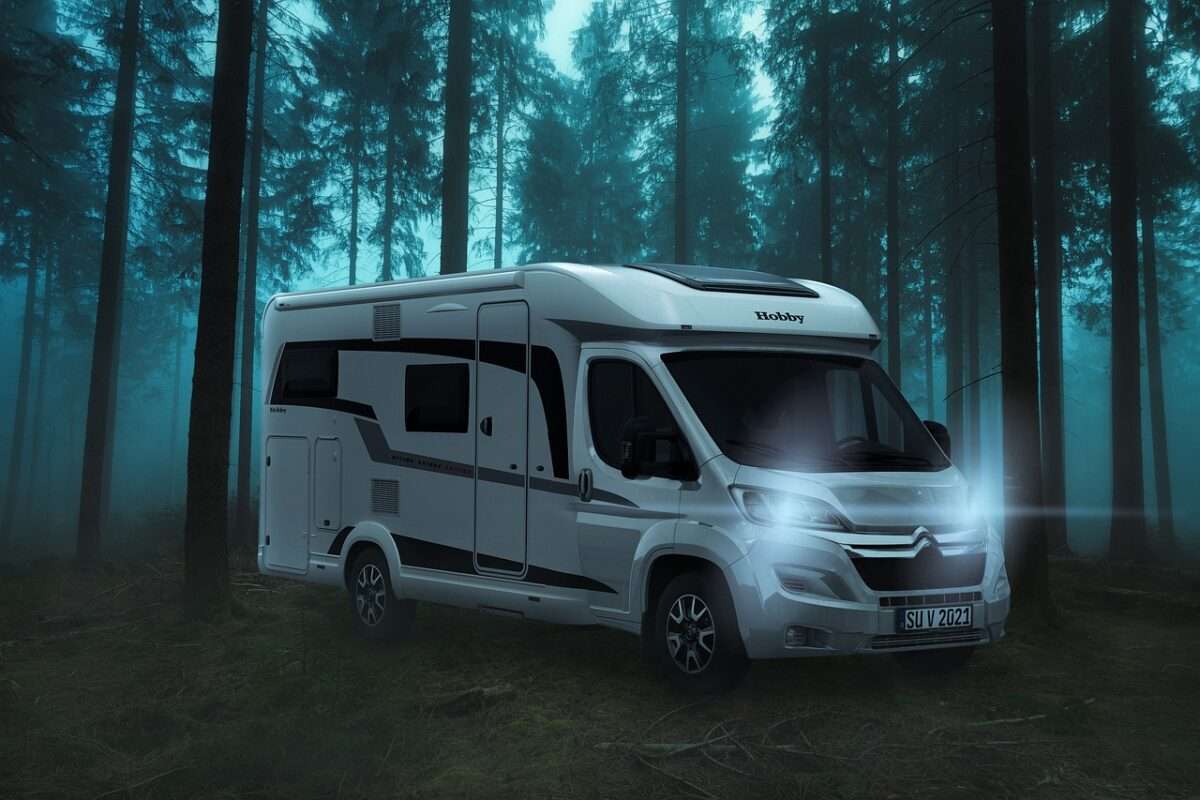
It’s important to remember that exceptions persist everywhere. The standards and regulations fluctuate dramatically across campgrounds under the same umbrella, making it imperative to verify with the specific spot you plan to camp in.
The Bright Side: Advantages of Tent Camping in an RV Site
Why damage the underside of your tent by pitching it on a gravel-laden RV site, when you can secure a cozy spot on the grass bed of a dedicated tent site? The reasons are manifold:
- Room to Roam: RV sites typically offer more real estate, providing enough room for larger tents or multiple smaller ones.
- All that Glitters, is at Convenience: RV sites are often closer to campground amenities like stores, laundry facilities, playgrounds, and swimming pools, making them an attractive option for families.
- Power Up: Access to power might be absent in regular tent sites but is a customary provision in RV sites. This means can charge your devices or light up your tent using electric lanterns.
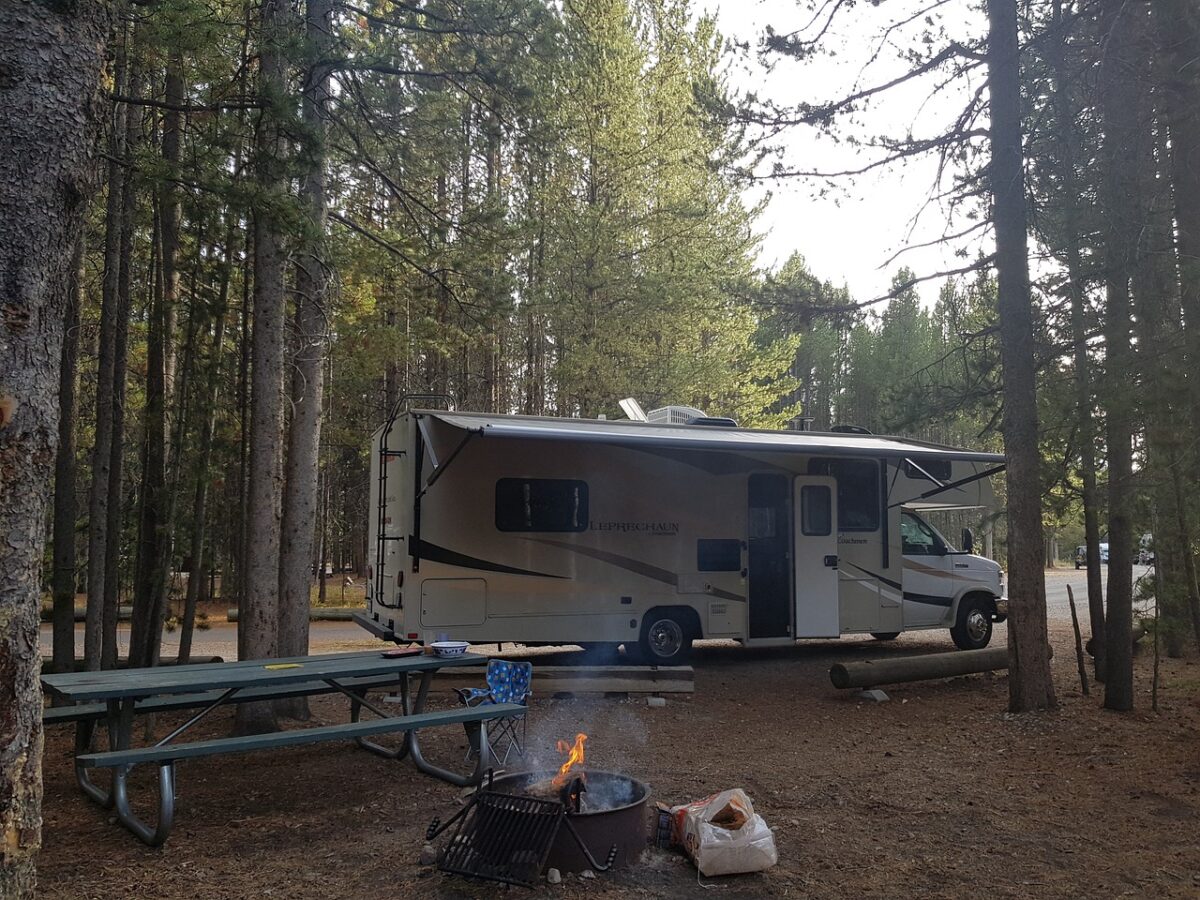
The Flip Side: Disadvantages of Tent Camping in an RV Site
Despite the alluring positives, some aspect of RV tenting might trigger second thoughts:
- The Price of Luxury: The escalated luxury of RV sites translates to higher rental costs. Hence, it pinches the pocket more than a regular tent site.
- Uninvited Troubles: With the ground predominantly made of gravel to support heavy RVs, you risk damaging your tent. The hard surface may also make it uncomfortable to sleep.
- Solitude or Society: RV sites are more densely populated, leading to increased noise. If solitude is what you seek, you may want to reconsider.
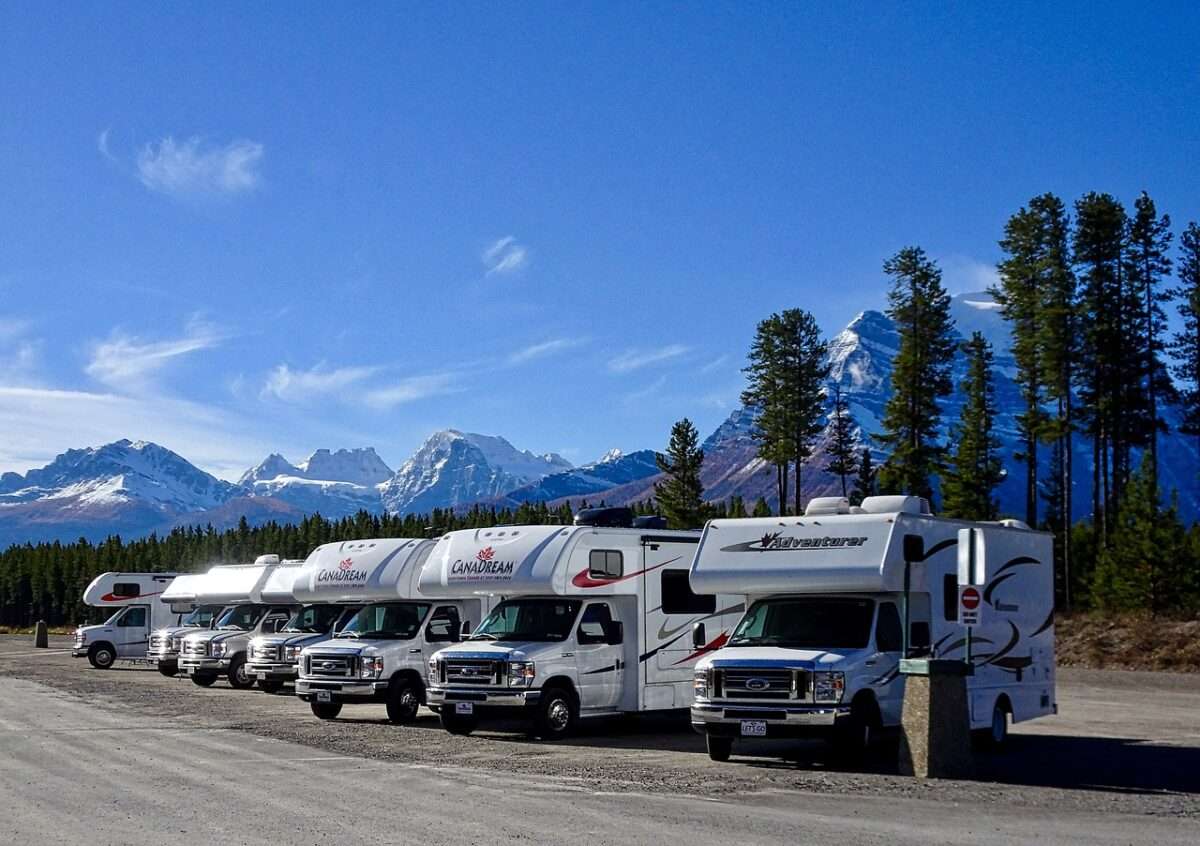
Tenting in RV Sites: Key Consideration
Before you unravel your tent and start pegging, ponder over these considerations:
- Space: Evaluate if the site can accommodate your tent, or if an RV might constrict its available space.
- Amenities: Will you utilize the additional amenities of the RV site over a tent site? Does the extra cost justify the conveniences?
- Booking Process: Does the reservation process require any specific mention of tenting in an RV site?
- Park Rules: What do the park rules suggest? Some may allow, others might not. An inquiry with the park office or a detailed review of their regulations can save you from last-minute surprises.
So, can you tent camp on an RV site? The answer largely depends on the rules and types of the campground. To ensure an enjoyable and trouble-free camping experience, verifying with the campground management before setting up a tent on an RV site is highly recommended. As we wrap up, remember the essence of camping lies not only in the thrill of survival under the stars but in reciprocating the respect Mother Nature deserves. Leave no trace, break no rules, and align your adventures with ecological preservation. For more tips and expert advice on camping and outdoor adventures, don’t forget to follow Campiffy to stay up-to-date on the latest camping trends, tips, and tricks. Happy camping!
FAQs
Q1: Can I Reserve an RV Site to Just Pitch a Tent?
A: Yes, in most cases you can reserve an RV site and just pitch a tent. However, many campgrounds have different rules and some may not allow tents on RV sites. It’s always a good idea to call the campground ahead of time to ask about their specific rules.
Q2: Are the Amenities the Same for both Tent Campers and RV Campers?
A: Generally, the amenities available in RV sites are also available to those pitching a tent in the site. These can often include things like access to power, water, and closer proximity to bathhouses or communal areas. However, amenity availability can differ between campgrounds, so it’s important to check with the specific site you are considering.
Q3: Are RV Sites More Expensive than Regular Tent Sites?
A: Yes, RV sites typically cost more than regular tent sites. The price difference can be attributed to the additional space and amenities RV sites provide, which are often more than what’s available at standard tent sites.
Q4: What Should I Put Under My Tent If I’m Camping at an RV Site?
A: Since RV sites are usually gravel, it’s a good idea to put down a thick, durable tarp or camping footprint under your tent. This can help protect the tent from punctures and provide a bit more comfort when sleeping.
Q5: Can RV Sites Accommodate More than One Tent?
A: The number of tents an RV site can accommodate depends on the specific size and layout of the site. Some larger sites may be able to comfortably fit multiple tents, whereas others may only have room for one. Always check with the campground for specifics on their site sizes and how many tents they allow per site.
